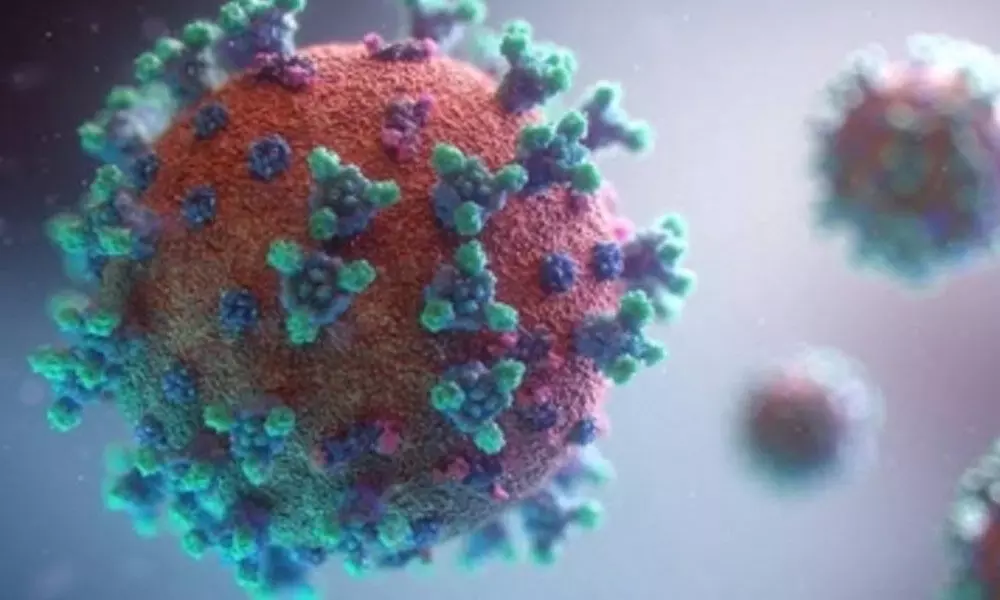IIT Gandhinagar creates anti-viral coating to fight viral infections

Festivals upon us: Prioritise precautions
IIT Gandhinagar has come up with a unique invention that can help prevent viral infections among people
New Delhi: IIT Gandhinagar has come up with a unique invention that can help prevent viral infections among people. The premier engineering institute has developed an anti-viral coating material that can be easily applied to any surface. It is capable to prevent viral infections for a longer period of time.
Viral infections especially cause diseases such as cold, flu, measles and chickenpox. Sometimes these viral infections can turn into serious and potentially life-threatening complications. Dehydration, pneumonia etc are also caused due to such viral infections.
Now a team of researchers from IIT Gandhinagar has successfully developed an anti-viral surface coating material. This coating material is highly effective against non-pathogenic viruses. At the same time it is non-toxic and eco-friendly as well as transparent.
"This non-toxic surface coating can be easily applied to any indoor and outdoor objects like glass windows, wooden and plastic furniture, vehicles, automobiles, door handles, etc," IIT Gandhinagar told IANS.
This unique material is only a few nanometres thick for which an Indian patent has also been registered. However, this coating has not yet been tested against coronavirus.
After testing it on frequently touched surfaces, the IIT team found that the coating's anti-viral ability remained virtually unchanged even after multiple washing. Thus, it can significantly contribute to improving the public health landscape by preventing viral infection and its transmission from frequently touched surfaces.
Many current anti-viral coatings used copper or silver ions as the main ingredients. This makes it difficult in terms of environmental and design aspects as copper is a known toxic substance and is non-transparent. This means it would be very challenging to use it for indoor use.
The IIT Gandhinagar team that developed this new anti-viral surface coating includes Emila Panda, Associate Professor, Materials Engineering; Abhay Raj Singh Gautam, Assistant Professor, Materials Engineering; Virupakshi Sopina, Ramalingaswamy Fellow, Biological Engineering; Nishaben M. Patel, PhD student, Biological Engineering; and Ravi Teja Mittireddy, Ph.D student, Materials Engineering.
This material is also eco-friendly towards environment. Whereas non-stoichiometric shape without non-toxic and essential elements of titanium oxide are present more in the earth's crust.
In addition, this anti-viral coating is nearly 45 nanometers thick which can be easily blended on all types of surfaces.
The coating has been found to be durable, chemically stable and sticks firmly to the substrate. It can be easily applied to glass, metal, steel, silicone and Teflon ranging from a variety of indoor and outdoor substrates.
Talking about the utility of this innovation in future applications, Emila Panda, Associate Professor, Materials Engineering and Principal Investigator (PI) of the research, said, "The overall results shown by this material (for surface coating) are promising. Being transparent, cost-effective and eco-friendly, it holds huge potential for commercialization in the coming days. The IIT team is currently in the process of testing this coating on various viral and bacterial strains. The next step could be to scale up this innovation."
The IIT team has also filed for an Indian patent for this unique invention. In addition, the manuscript based on this work has been published in Elsevier's Journal of Alloys and Compounds, an international peer-reviewed journal.














